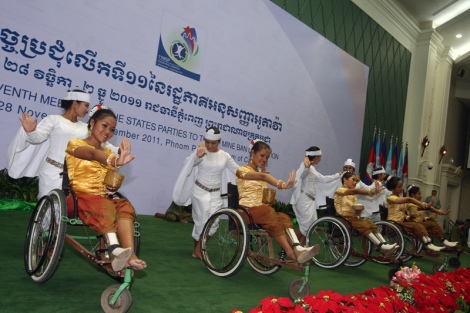Dunya is two and half years and Danish is two months old. They turned the light on in my life. They shine like sun every morning they wake up and open their eyes. When Dunya says 'sub bakhair' or 'morning' to Papa and Mama every morning, she energizes us for the day. I always heard from parents that your children are pieces of your heart and I thought it was just an express to love every parent have for their children, but I never felt it. Danish and Dunya have started giving me that feelings of how they can be pieces of heart for us. They even make us feel that they are our world, THE world we have.
Dunya, whose name means 'world' speaks so cutely with a sweet accent mixing up French and Dari and English as well sometimes. She is a lot cleverer than one can think of. She makes a lot of jokes, especially if Papa accepts her invitation to go to her room and play with her. She loves reading books, but she doesn't like reading the texts, she wants me to make story out of images, if I followed her rule, she is never tired of listening and keeps enjoying and making reaction to stories, ask questions and sometimes she put back on track if my story was completely out of what the images reflect. She has been getting lots of gifts but her number one favorite is 'book' and number two is 'pink cloths'. Our friends are seem to be well aware of her favoritesJ. The other day I was amazed with her hospitality behavior, a friend visited us, Dunya sat next to her and made sure she had access to tea and chocolate by pushing the tea-cup closer to her reach, giving her chocolates and giving her a tour of her toys and her room. She already proved that is a true Afghan!
Danish means 'education' or 'wisdom' in Dari. It's a pure Dari name, usually it's known as a 'last name' but because we like it, we decided to choose Danish as first name. He is a big boy, he was nearly 5kg when he was born, now after two months he is about 7kg, he doesn’t look like he is fat because his height is good enough to accommodate his weight. His Asian spiky hair makes him look very stylish though sometime shows him over his age. The day a lady stopped us in the kids’ park and said how cute and handsome Danish was, but she was surprised when we told her Danish was only two months old, she thought we were joking. He behaves so well, he is quite most of the times, he gives a lot of smiles when we talk to him. His intelligence struck me on his day two when his eyes could follow the moves and made eye contact! He is lovely kid, who I like to hold all the times!
Before they were born, I would usually end up to work or just spent time on computer and internet after long days of work, but now as soon as I am back Dunya and Danish are ready to play, play and play until they go to bed and refresh Papa until next day.
Love you both, Dunya and Danish!


